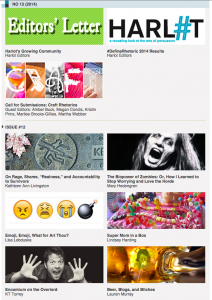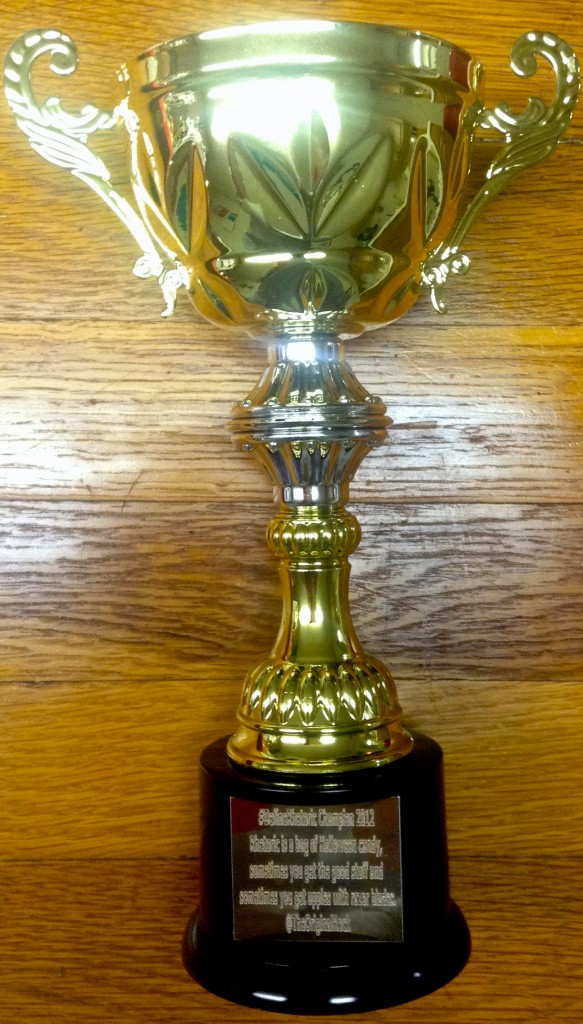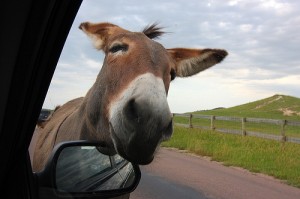Happy fall from your friends at Harlot. We’ve got some treats for you: A Katrina survivor delves into stories that reveal more than just memories of a New Orleans’ past; a student produces a coming out performance through her writing; a photo lover questions whether the love is for the photo or the emotion it consistently conjures; relationships of adulthood are pondered by a movie-goer through the lens of Up in the Air; and sexuality is expressed in a pair of suspenders.
Intrigued? Excellent. Don’t forget to post your thoughts in response—just hit “Add Comment” to keep the conversation going!

We’re currently accepting submissions for our spring 2011 special issue, focused around the theme of family rhetoric. The deadline isn’t until January 15th, so you’ve got plenty of time to ponder why your brother flushed your favorite toy down the toilet when you were 6… how your parents managed to convince you to sit for that sibling portrait in the 80s… or what strategies you rely on to survive the holiday onslaught of aunts. You figured out early on to ask Dad for certain things and Mom for others–how did you know to do that? What were the differences between those approaches?
For more ideas, check out the full call on the announcements page, where you can also see some highly embarrassing shots of yours truly. As always, feel free to shoot us a line to chat about your inspirations, hesitations, or just to say howdy!
And of course, don’t forget that we accept pieces for consideration throughout the year. We’ve got reviewers standing by to help you polish that rant or sharpen that observation into the next Harlot masterpiece.
Speaking of: We want to extend a hearty congrats to contributor and blogger Ben McCorkle on being awarded Computers and Composition’s Michelle Kendrick Outstanding Digital Production/Scholarship Award for his “The Annotated Obama Poster,” which appeared in Harlot‘s second issue. Honored for its intellectual and creative awesomeness, McCorkle’s piece exemplifies the smart, accessible rhetorical criticism Harlot was designed to share.
In other news, we’re delighted to announce our shiny new ISSN: 2156-924X. Yup, that means the Library of Congress now has a listing for a journal named Harlot. And so does the Modern Language Association (MLA) Directory of Periodicals! Sa-weet.
And finally, we’re partnering with some design peeps to develop a new, more inviting look for Harlot. Of course, we’d like you to have a say in that re-vision… so let us know what you’d like to see!







